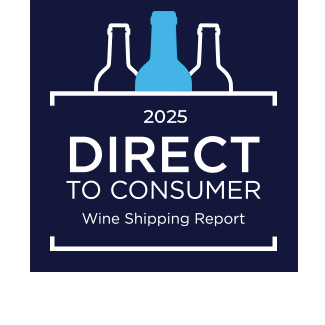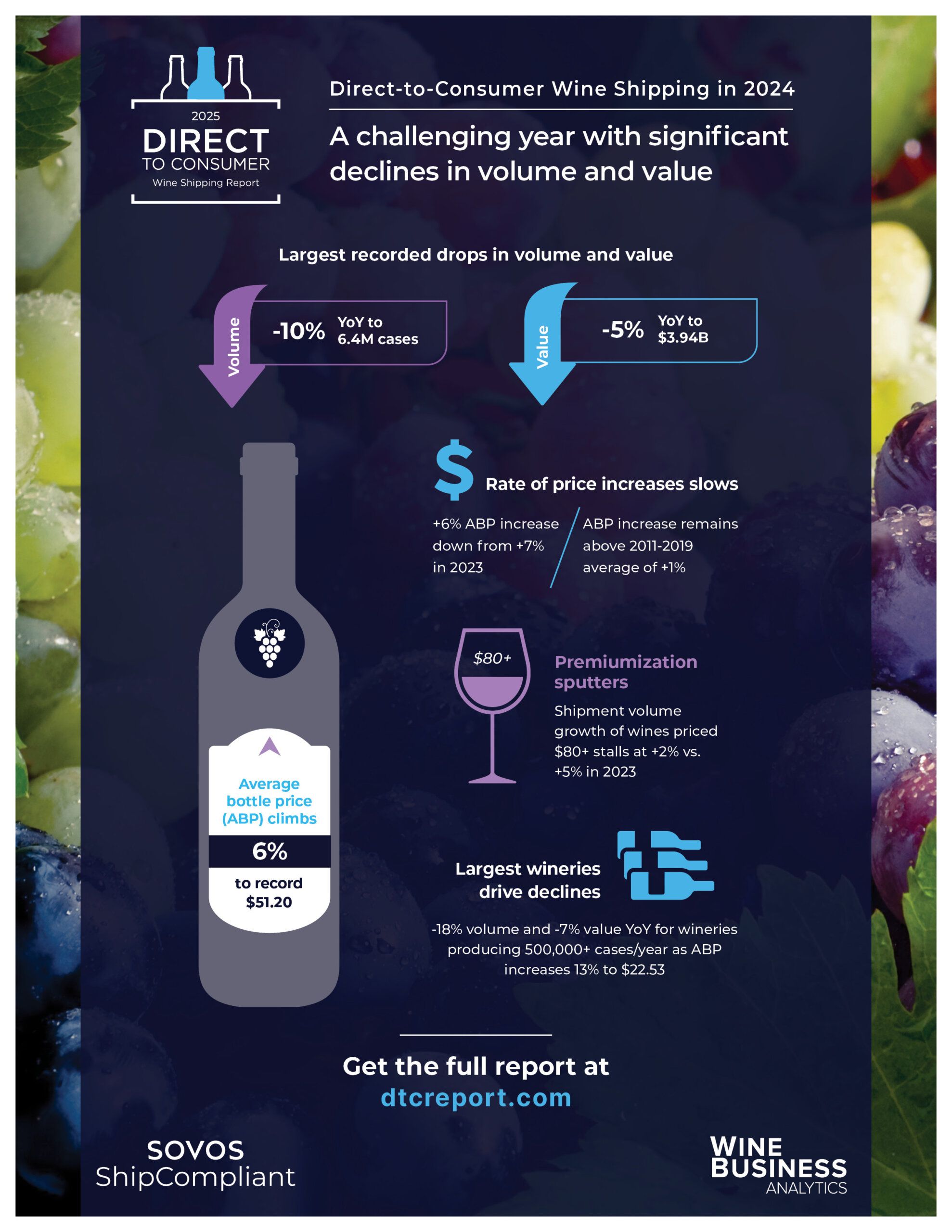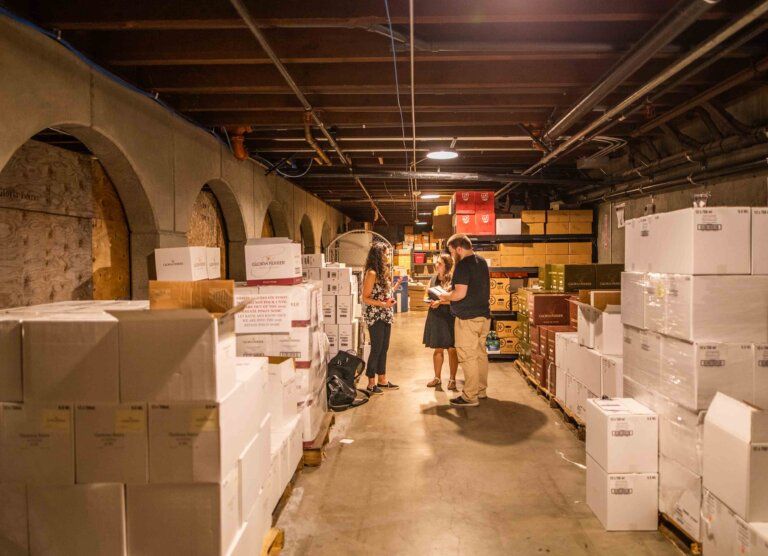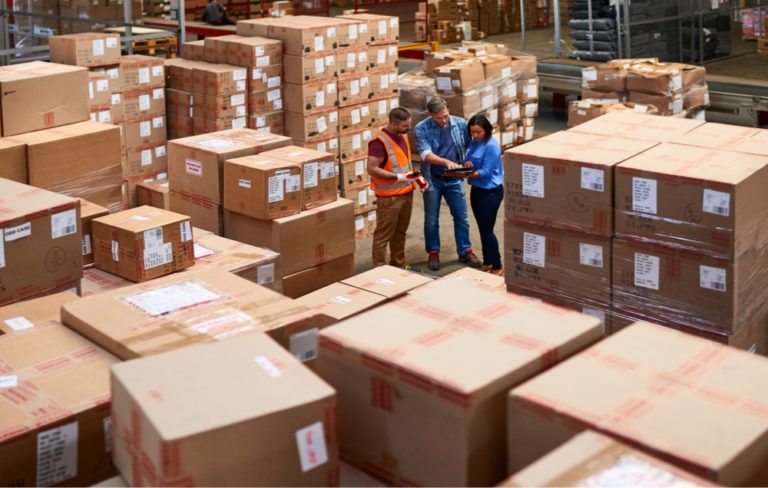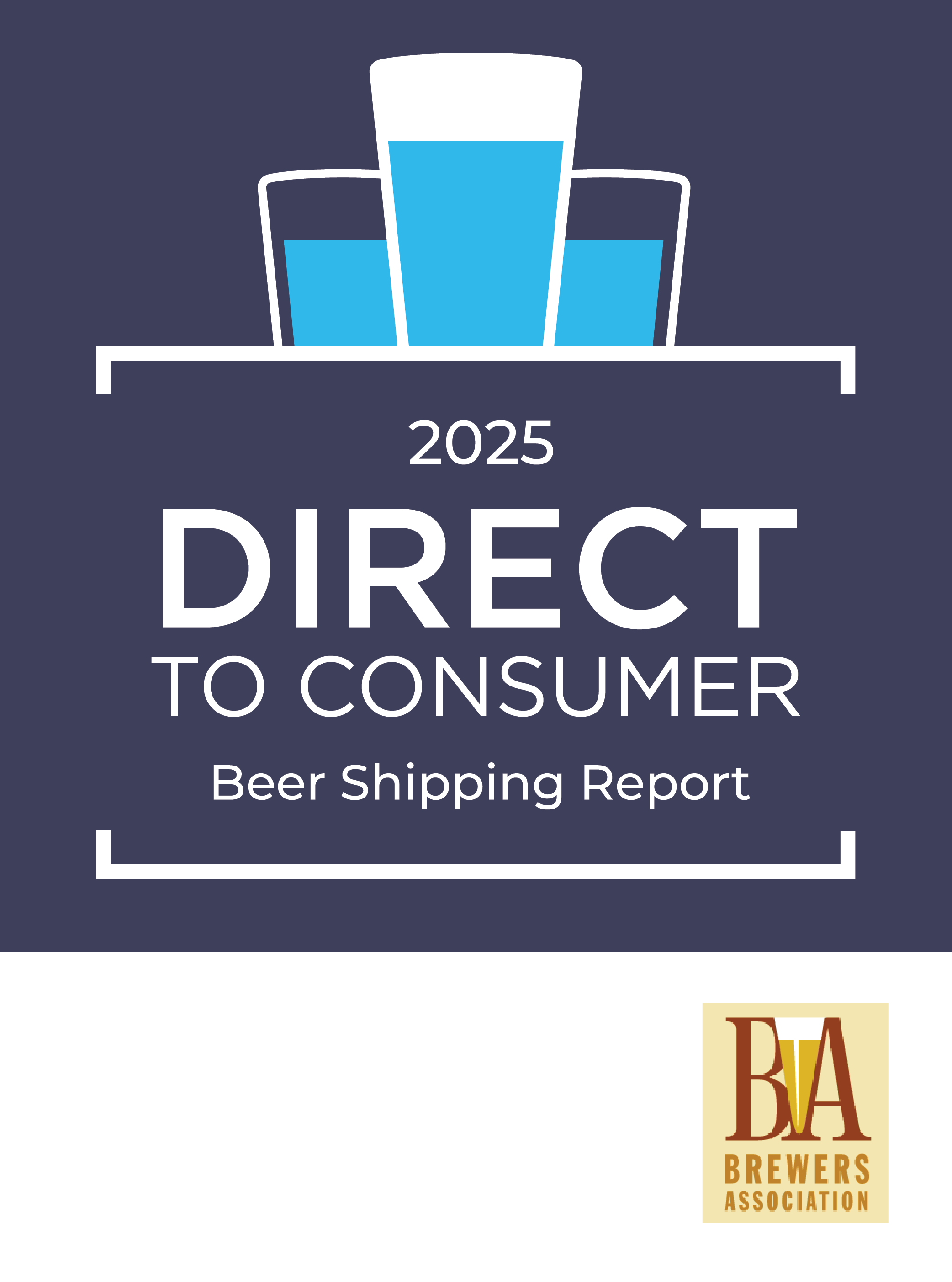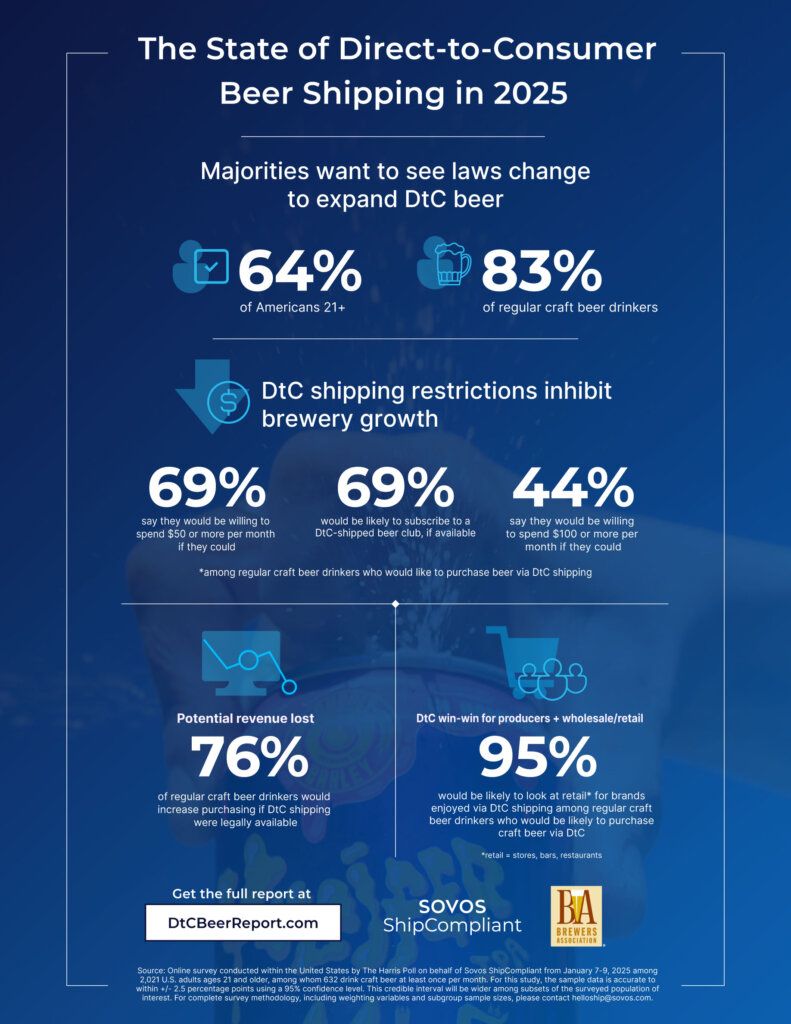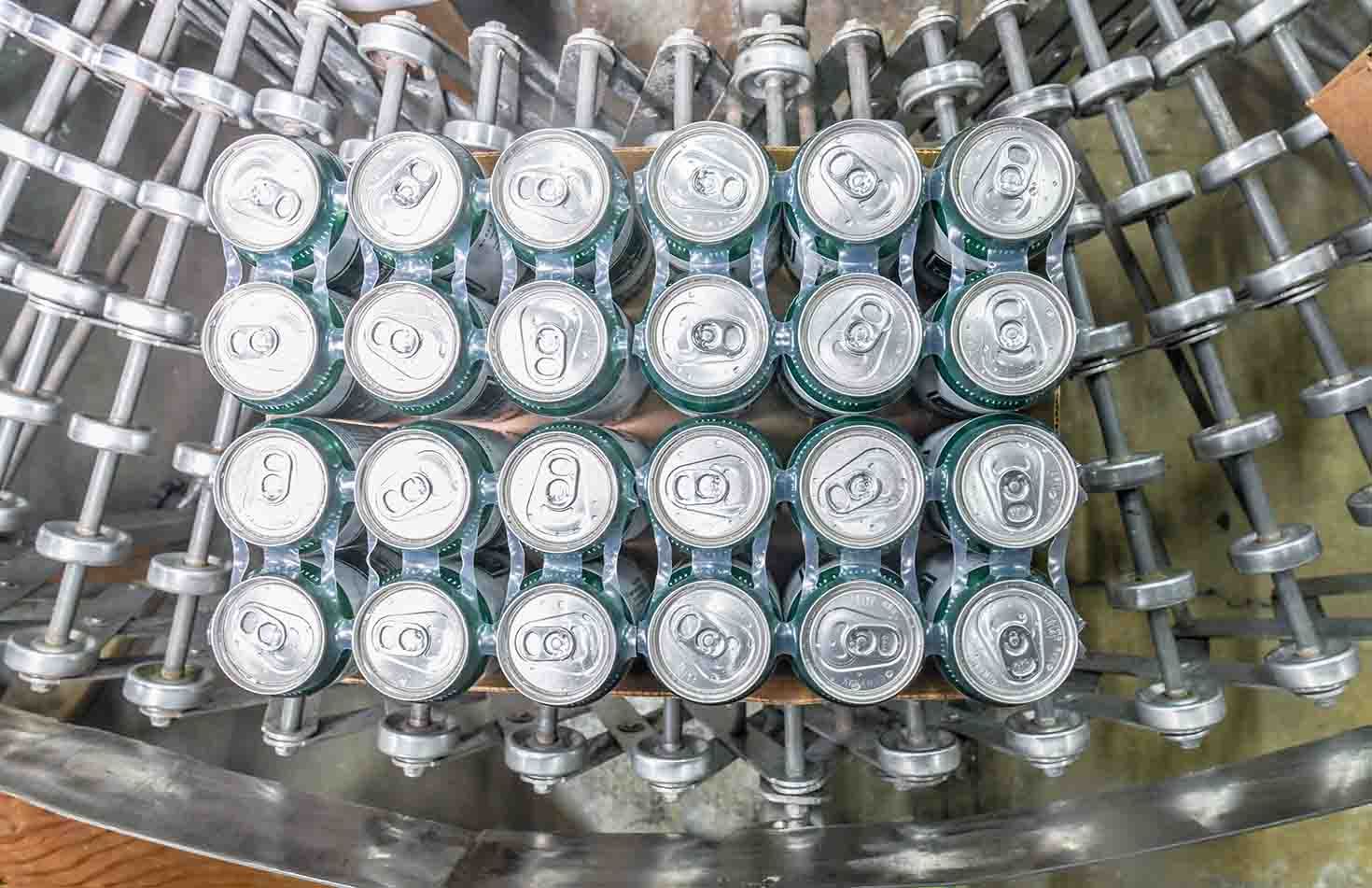In June 2018, the United States Supreme Court ruled issued a ruling in favor of South Dakota, which had recently adopted a law imposing sales tax liability on businesses that made remote sales into the state. With that official sanction, the then-novel concept of “economic nexus” took root, ushering in a new era of sales tax regulation.
While economic nexus may seem straightforward conceptually—it merely makes businesses with a certain amount of sales in a state liable for any sales tax associated with those sales—in practice it can get quite confusing. Indeed, simply recognizing when a business has economic nexus in a state can be difficult to manage, which can be very problematic for businesses, like wineries, that rely on being absolutely aboveboard when it comes to compliance.
To help, here’s an overview of what economic nexus is and how to best keep track of different sales thresholds to recognize where a business does have sales tax liabilities. Further below, you’ll find a detailed table listing state-by-state rules.
What is economic nexus?
Nexus is a rather short word that still has a lot of heft. Simply put, nexus means “connection,” and in sales tax law it means when there is a sufficient connection between a business and a state that makes it fair for the state to impose a sales tax liability on that business.
For several decades, the standard for nexus was rather amorphous, but in 1992 the Supreme Court ruled in Quill v. North Dakota that only if the business had physical presence in a state would it be fair to impose sales tax on it. That is, businesses only had to collect and remit sales tax on transactions that occurred in the same state where the business owned property. This expanded slightly over the years to include having employees, temporary storage of goods, and even browser cookies. But the rise of the internet very quickly showed the limitations of the Quill decision.
There was little states could do, though, besides moan about the unfairness of “tax-free sales” as companies like Amazon grew. (This is a bit of a misconception, as consumers are generally required to pay use tax on purchases they made where sales tax wasn’t collected—but very few consumers actually do that, so in effect buying on Amazon was tax-free.)
This came to a head in 2017 when South Dakota adopted a law requiring all businesses that make more than $100,000 in annual revenue in the state, or 200 separate transactions to the state, to collect and remit all state and local sales taxes on those transactions. Notably, the law recognized that the law violated Quill and so empowered the South Dakota attorney general to fight the issue to the Supreme Court.
The Supreme Court obliged the state and eventually ruled in its favor. However, in Wayfair, the Supreme Court never explicitly said that economic nexus was now the law of the land. Instead, the Court more simply overturned the Quill decision and brought back the older, more amorphous “sufficient connection” standard for sales tax nexus. Still, the Court expressed in dicta—that is, language in the Court opinion that signals its mindset but is otherwise non-binding on lower courts—that if they heard another challenge to South Dakota’s laws, they would likely rule that it met the sufficient connection standard.
Notably, the Court identified which parts of South Dakota’s law it found favorable, including an acceptably high amount of revenue from sales and the relative simplicity of South Dakota’s sales tax administration, such as its single source for registrations and remittances. Seemingly, other states could follow those guidelines for “fairness” (not overly burdensome and appropriate to a business’ activity in the state) and tax remote sellers.
How do I know if I have economic nexus?
Indeed, almost immediately states recognized that permission from the Supreme Court and adopted their own economic nexus laws along South Dakota’s lines. Today all states that have a sales tax also have economic nexus laws, imposing sales tax liability on remote sellers, though Missouri’s does not take effect until January 2023.
What this means for remote sellers (read: online sellers) is that they now face a vastly larger potential map of sales tax liability than they did just a few years ago. What makes this especially complicated is that every state has its own rules about sales tax, what is and isn’t taxable, how to register as a sales tax collector, how to file and remit sales taxes owed, and even when a remote seller has economic nexus.
At the outset, this last concern is perhaps the most important, as knowing where one owes sales taxes means the other states—and their rules—can be ignored.
Following South Dakota’s lead, states adopted annual sales and revenue thresholds that trigger a business’ economic nexus. Most states apply the same South Dakota thresholds of $100,000 in revenue or 200 separate transactions. However, several —most notably California, Illinois, New York, and Texas—have much higher revenue thresholds; and many states have eschewed the separate transactions threshold, recognizing the potential for unfairness there (what if someone sells 200 separate 10-cent pencils?).
Most of these thresholds apply to sales made during either the current or previous calendar year, but some instead work on a rolling 12-month period. If a business hits an applicable revenue or sales threshold in a state's period, then they must register for, collect and remit all sales tax to that state. Adding to the complexity, some states assess their thresholds on gross sales, while others do so based only on sales of taxable goods, and it can be very difficult to tell which applies, even in looking at the state’s website and statutes.
Remote sellers, therefore, must continually monitor their sales to each state they sell to, tracking how much money they have made so far in the year (or last year) so that they do not delay in meeting their new tax obligations in a state. At the bottom, you can find a table of each state’s economic nexus thresholds.
How does this all affect direct-to-consumer alcohol shippers?
For all the consternation around economic nexus, direct-to-consumer (DtC) shippers of alcohol have been relatively unaffected by the change. That is because most states that permit DtC shipping of alcohol have long required DtC shippers to assume a sales tax liability to get their DtC licenses. This created, in effect, a separate “DtC alcohol shipper nexus” specific to this market and has meant that DtC alcohol shippers have been dealing with interstate sales tax collection and remittances for much longer than Amazon.
There are still some states where having economic nexus creates new or additional sales tax burdens for DtC shippers), but largely DtC alcohol shippers have led the way for the rest of the internet economy.
Economic nexus may seem like a large and scary phrase, but conceptually it is fairly straightforward. The hard part, however, is putting that concept into practice and managing where and when one does have economic nexus.
This table shows the economic nexus thresholds for each state: the revenue threshold, whether the state also has a separate transaction threshold, and over what period a business should be reviewing their sales in a state to see if they have hit a threshold.
